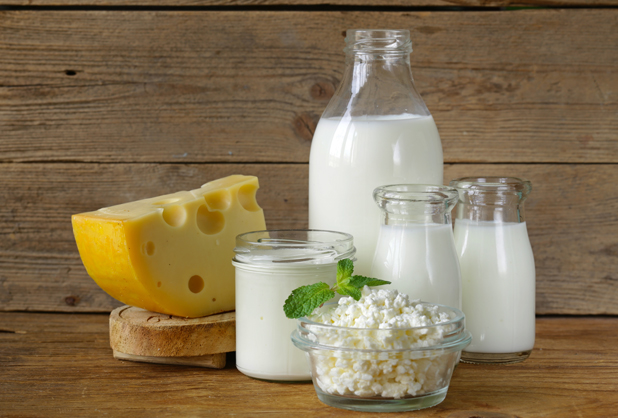April 07, 2021.- Vitamin D helps with the absorption of certain minerals and studies have shown that high levels of this vitamin can literally save lives.
Hospitalized COVID-19 patients who had sufficient vitamin D, with a 25-hydroxyvitamin D blood level of at least 30 ng / ml, had a significantly lower risk of adverse clinical outcomes including loss of consciousness, hypoxia, and death.
In addition, they had lower blood levels of an inflammatory marker (C-reactive protein) and higher levels of lymphocytes (a type of immune cell that helps fight infection), according to the researchers in the journal PLOS ONE.
“This study provides direct evidence that vitamin D sufficiency can reduce complications, including cytokine storm (releasing too much protein into the blood too quickly) and ultimately death from COVID-19.”
Michael F. Holick, PhD, MD (Boston University School of Medicine)
This was explained by the corresponding author Michael F. Holick, Ph.D., MD, professor of medicine, physiology, and biophysics and molecular medicine at Boston University School of Medicine in the United States.
Vitamin D, a great ally
Vitamin D, which is generated by the body when it is exposed to solar radiation, plays an essential role in the absorption and fixation of some minerals, such as calcium, and can be obtained from some foods such as fish or eggs.
Among the fish with the highest amount of vitamin D we find the following:
– Catfish.- This is the food with the highest amount of vitamin D. About 85 grams of this fish provide 425 International Units (IU), 112.5% of the recommended daily amount for an adult.

– Roasted salmon , 360 IU per 100 grs. Equivalent to 90% of the recommended daily amount.

– Sardines in oil (canned), which give 250 IU for every 50 grams, which is equivalent to 70% of the recommended daily amount.
– Tuna , provide 200 IU for 85 grs.
– Cod liver oil , 1,360 IU for each tablespoon. Equivalent to 360% of the recommended daily amount.

There are also other foods of animal origin that contain vitamin D, although to a lesser extent: egg (20 IU), cow’s liver (15 IU per 100 g) and mushrooms.

Always keep in mind that Vitamin D helps regulate the amount of calcium and phosphate in the body. These nutrients are needed to keep bones, teeth, and muscles healthy. A lack of vitamin D can lead to bone deformities such as rickets in children, and bone pain caused by a condition called osteomalacia in adults.


